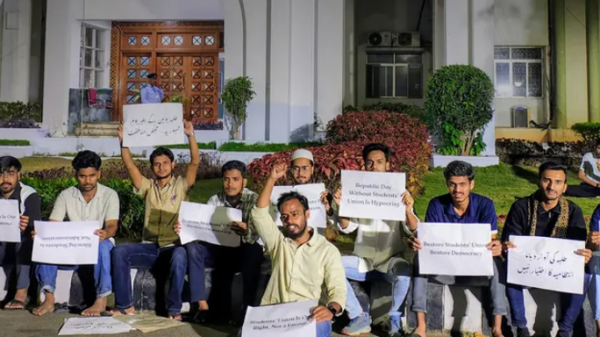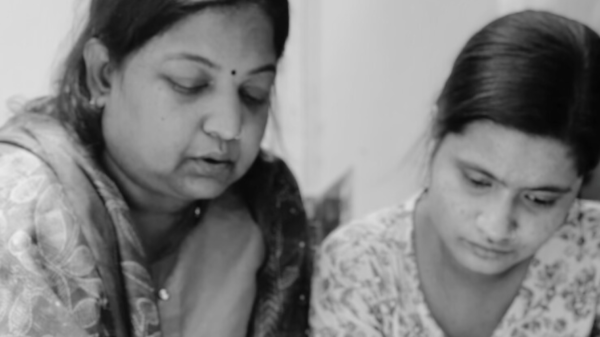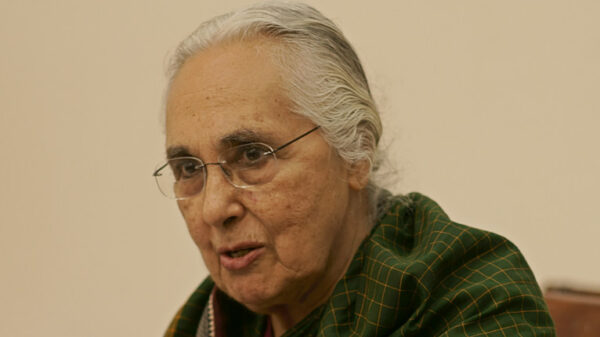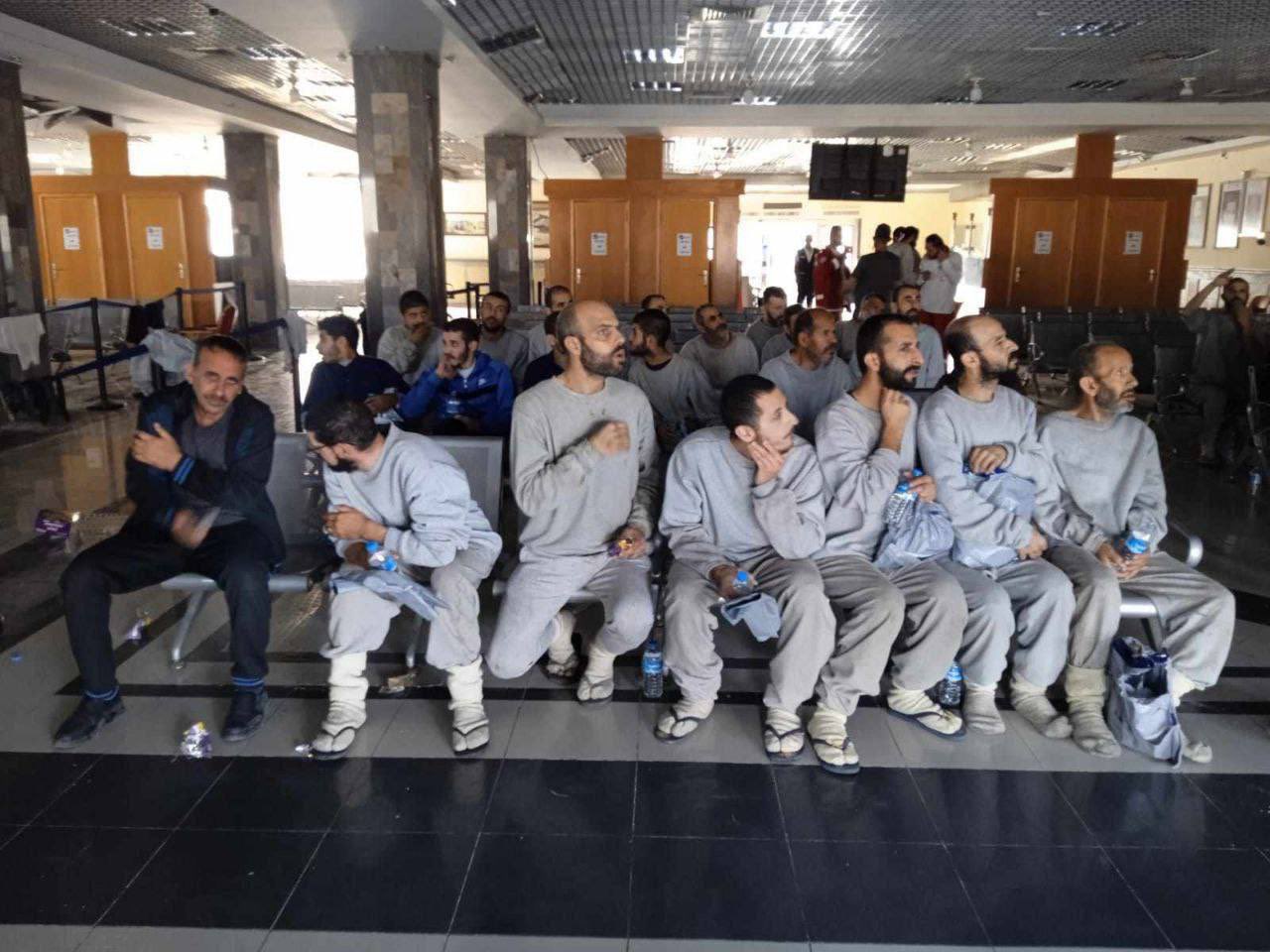Written by Brett Wilkins
Israeli prison officials are concealing information about reductions in food rations for Palestinians held in the Gaza Strip, where detainees—who have also reported horrific abuse including alleged rape and deadly torture—have been deliberately driven “to the point of starvation,” according to a report published Thursday.
Security sources told the Israeli newspaper Haaretz that the Israel Prison Service (IPS) is intentionally cutting Palestinian prisoners’ caloric intake, a move confirmed by Israeli National Security Minister Itamar Ben-Gvir, who called the policy a “deterrent.”
“The Palestinian detainees will receive the minimum rights and the minimum food, and I will ensure that this policy is implemented,” Ben-Gvir, who leads the far-right Otzma Yehudit (Jewish Power) party, said Thursday in response to a query from Israel’s Supreme Court.
“There is no starvation, but my policy does call for reducing conditions, including food and calories,” Ben-Gvir added.
“The IPS has been deploying a policy of starvation towards Palestinian prisoners and detainees.”
However, dozens of Palestinians held by Israel, including so-called security prisoners and detainees unaffiliated with Hamas, have testified that the IPS “has significantly reduced their food rations, to the point of starvation, causing them to shed dozens of kilograms.”
One unidentified security source told Haaretz: “Since the start of the war, there’s been a deliberate policy of indiscriminate reduction of food. To put it mildly, this policy has raised factual questions about the figures provided by the prison service, to such an extent that it is impossible to get the full picture and to determine whether what is going on is legal at all.”
“This is not just a legal question, it can cause security issues with serious implications,” the source added.
According to the Association for Civil Rights in Israel, which, along with the Israeli human rights group Gisha, filed a petition in the High Court of Justice earlier this year:
Since October 7, 2023, the IPS has been deploying a policy of starvation towards Palestinian prisoners and detainees. Recently released prisoners testified that they suffered from constant and extreme hunger and very poor quality of food. Among the testimonies presented in the petition were those of a diabetic prisoner who ate toothpaste to raise blood sugar, and of prisoners who lost tens of kilograms in weight in recent months.
The petition argued that the food reduction policy amounts to starvation and torture, and contravenes Israeli and international law. It violates the constitutional right of security prisoners to dignity and health, constitutes a policy of collective punishment, and violates the IPS’ obligation to provide detainees in its custody with appropriate prison conditions.
At a hearing on Wednesday, the High Court of Justice slammed the reduction of Palestinian prisoners’ food rations as “unacceptable.”
Appalling conditions have been widely reported in Israeli military lockups since the start of Israel’s bombardment and invasion of Gaza in retaliation for the Hamas-led attacks that left more than 1,100 Israelis and others dead—at least some of whom were killed by so-called “friendly fire“—and over 240 others kidnapped on October 7.
According to Israeli whistleblowers who worked at the notorious Sde Teiman prison camp in the Negev Desert, Palestinian detainees there are tortured not to “gather intelligence,” but “out of revenge” for October 7.
Often referred to as “Israel’s Abu Ghraib”—the infamous U.S. military prison in Iraq where dozens of detainees died, some of them tortured to death—Sde Teiman has been described by former detainees as hell on Earth. Palestinians held there and at other detention sites described being electrocuted, mauled and even raped by dogs, and starved, among other abuses.
One Sde Teiman physician said that all patients at the camp’s field hospital are handcuffed by all four limbs, 24 hours a day, regardless of how dangerous they are deemed. The doctor said that more than half of his patients at the camp have suffered cuffing injuries, including some that have required “repeated surgical interventions.”
“Two prisoners had their legs amputated due to handcuff injuries, which unfortunately is a routine event,” he toldHaaretz.
Last month, Haaretzrevealed that 27 detainees have died in custody at the Sde Teiman and Anatot camps or during interrogation by Israeli forces since October 7. While some were Hamas or other militants captured or wounded while fighting IDF troops, others were civilians, including some with preexisting health conditions like the diabetic laborer who was not suspected of any offense when he was arrested and sent to his death at Anatot.
One former Sde Teiman detainee also claimed that he personally witnessed Israeli troops execute five prisoners in separate incidents.
Photos and videos of Israeli troops abusing Palestinians—both alive and dead—have been published by perpetrators on social media. According to testimonies collected by the Geneva-based Euro-Mediterranean Human Rights Monitor, Israeli officers brought Israeli civilians into detention centers and allowed them to witness Palestinian prisoners being tortured.
Former detainees said groups of 10-20 Israeli civilians were allowed to record torture sessions in which the men, stripped nearly naked, were beaten with metal batons, electrocuted, and had hot water poured over their heads. The ex-prisoners said some of the Israelis laughed while filming their torture.
The new Haaretz report comes as the International Court of Justice is weighing whether Israel is committing genocide, in part by blocking food aid from reaching starving Gazans, dozens of whom have died of malnutrition.
International Criminal Court Prosecutor Karim Khan is also seeking to arrest Israeli Prime Minister Benjamin Netanyahu and his defense minister, Yoav Gallant, for alleged war crimes and crimes against humanity including forced starvation of Gazans and extermination. Khan is also pursuing warrants to arrest three Hamas leaders.
This article was originally published in Common Dreams.






























































